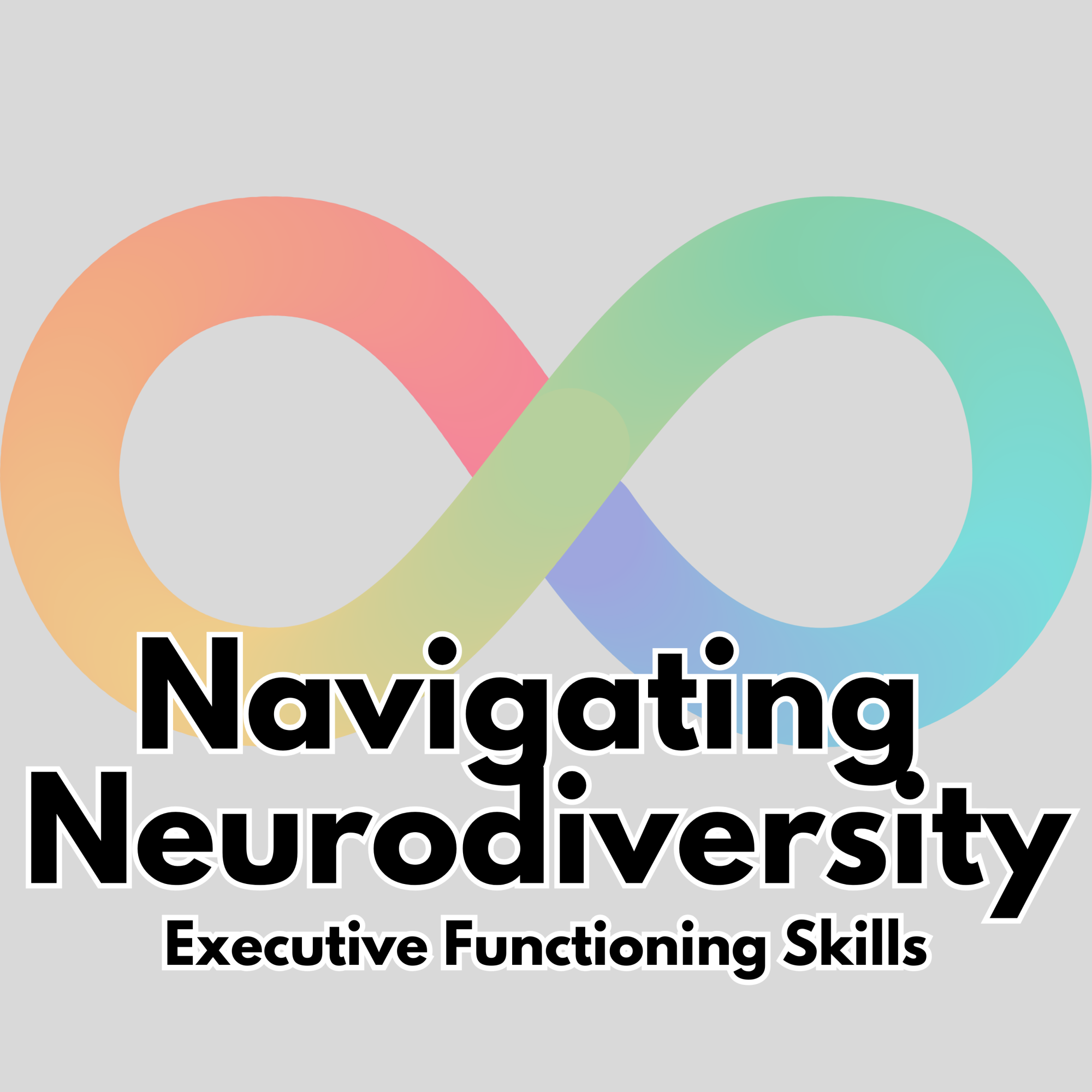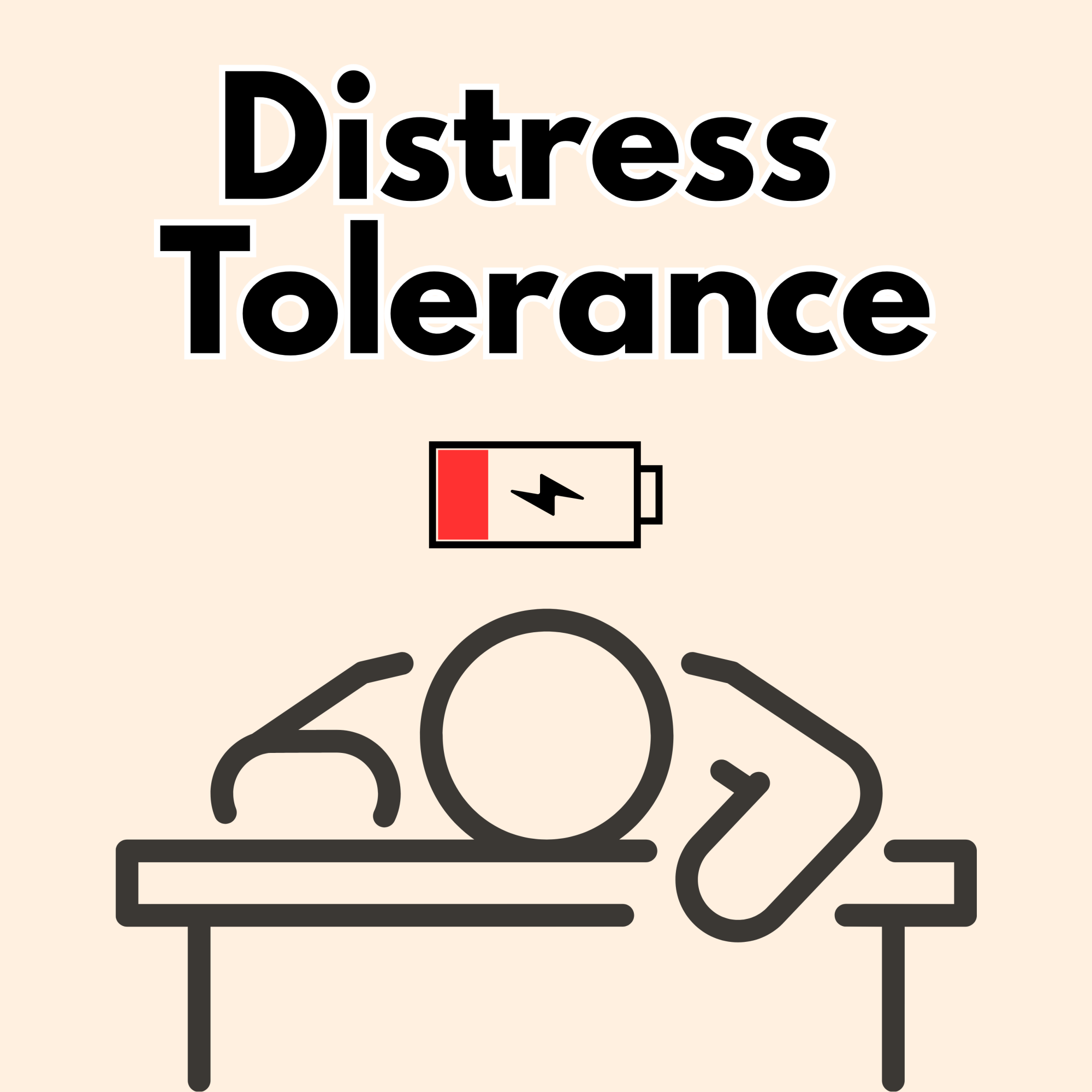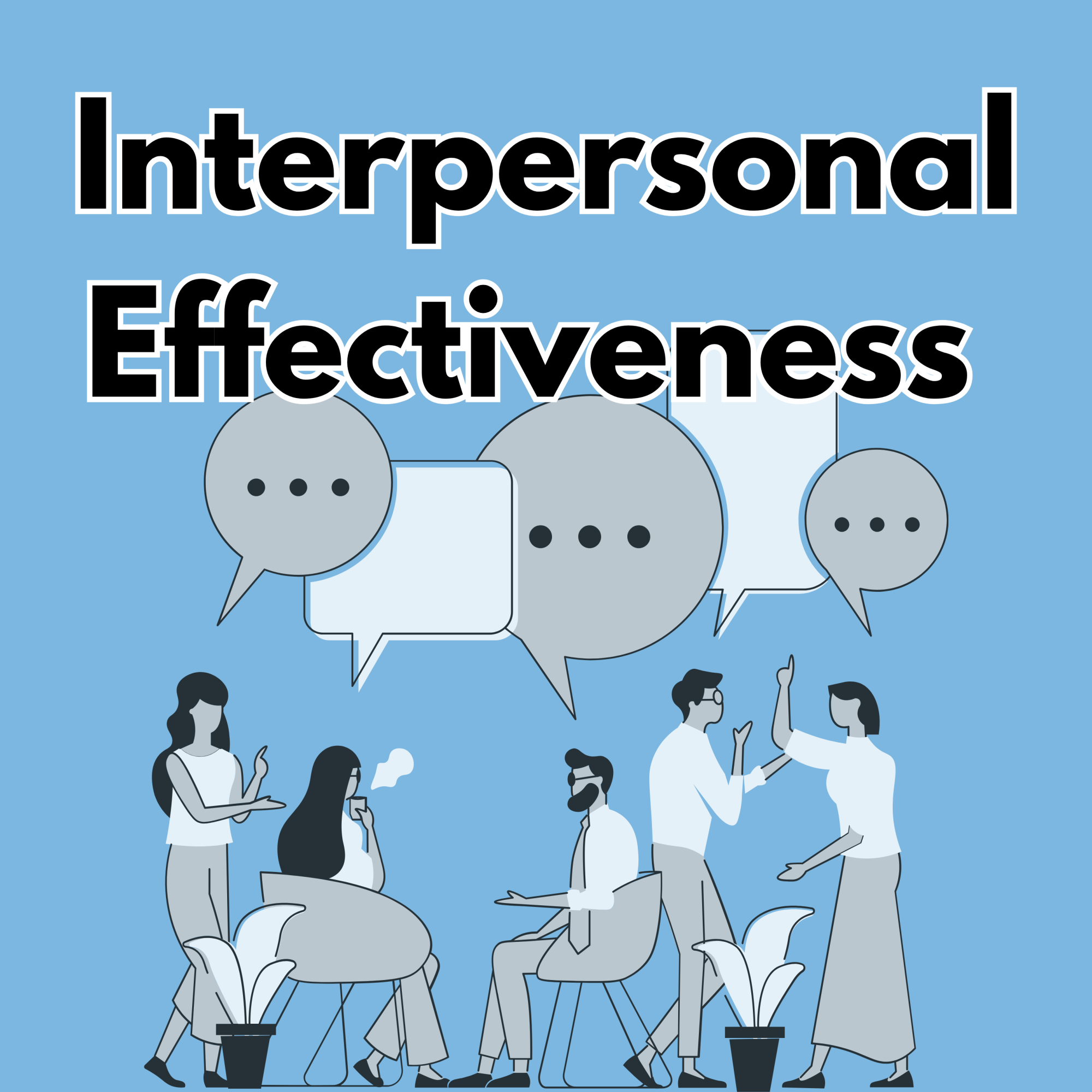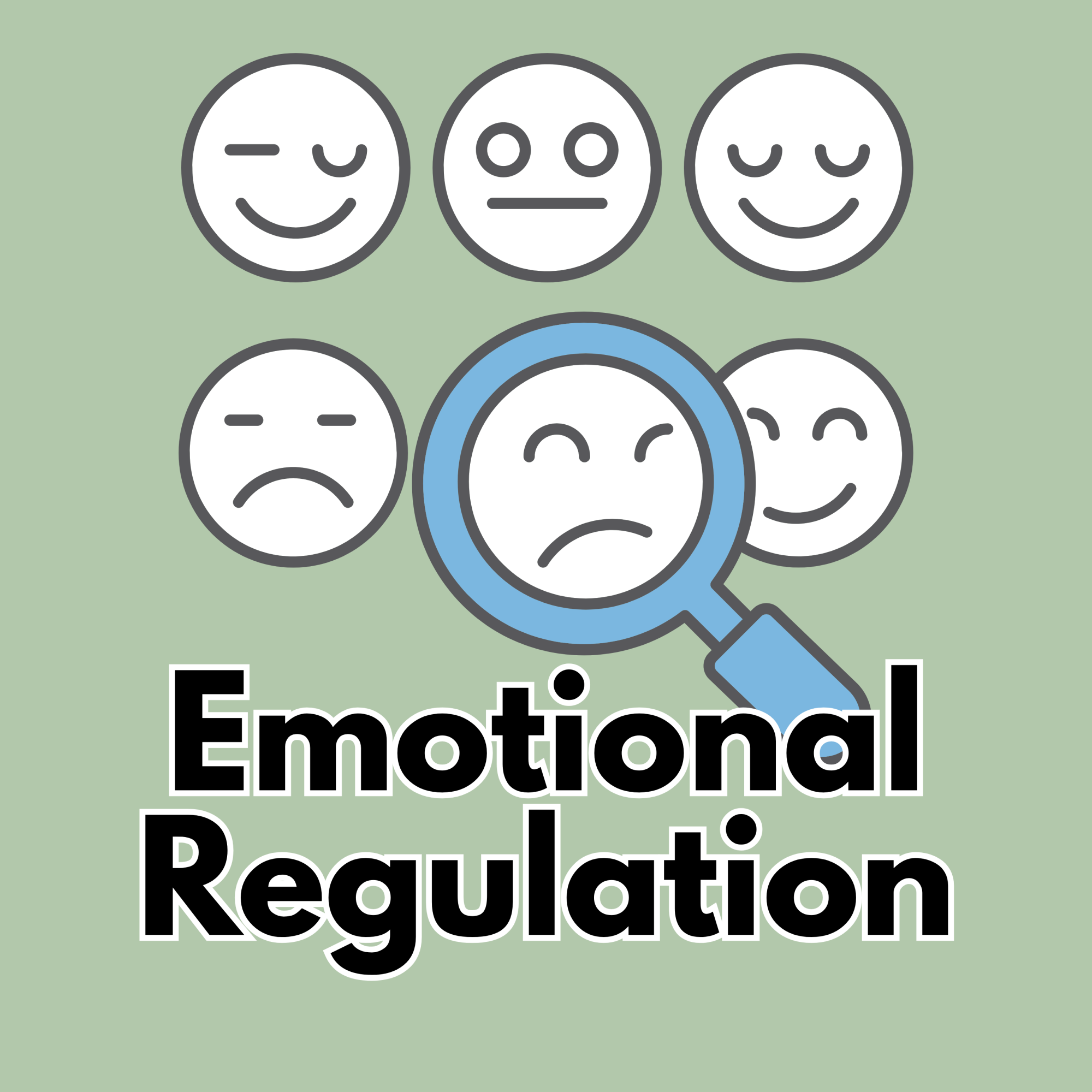The Group Wellness Hub is a space and community that offers students alternative options to traditional therapeutic supports. We each come to the academic world with our own stories and past experiences that we must carry around with all the demands and stress of academia. Wellness Groups provide students skills to build resiliency and powerful tools to create change.
DISCLAIMER: Don't want to share!? You don't have to! The choice to talk in group is yours.
Click the images below to learn more about each group! If you have questions, would like to preview the schedule, or need help deciding which group is the right fit for you, please email scc@uwindsor.ca.





